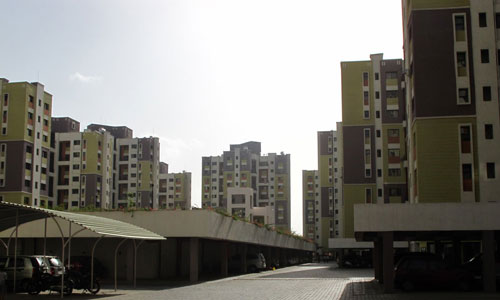
Developers want ‘force majeure’ in draft Realty Bill
Real estate developers have sought inclusion of “force majeure” provisions in the proposed real estate bill drafted by the Central Government.

Real estate developers have sought inclusion of “force majeure” provisions in the proposed real estate bill drafted by the Central Government.
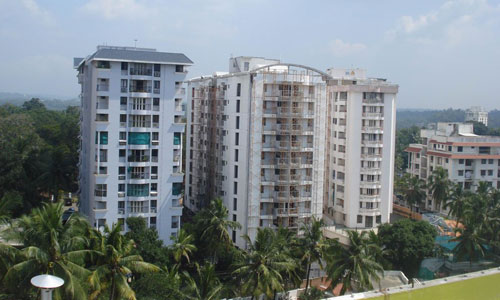
Issues concerning the regulation and development of real estate were discussed on Wednesday, Jan 11, by the government with various stakeholders.
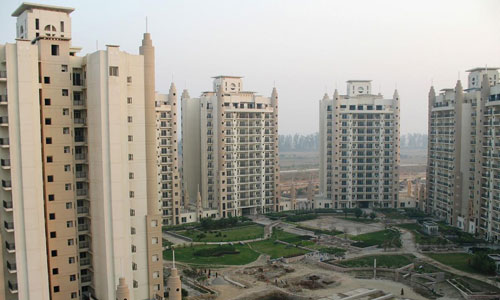
Seeking to address the concern of real estate developers over delay in getting approval of the projects, government today announced the setting up of an expert committee to suggest measures for a speedy clearance system.
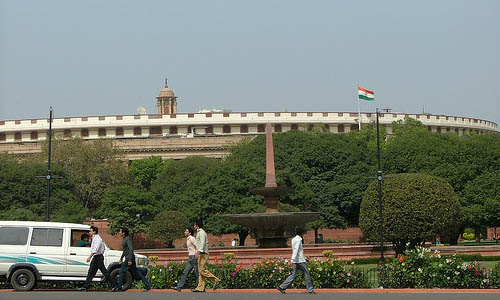
The Government will make public the draft Real Estate Regulation and Development Bill, 2011 for comments from stakeholders this week and may subsequently introduce it in the forthcoming winter session of Parliament.
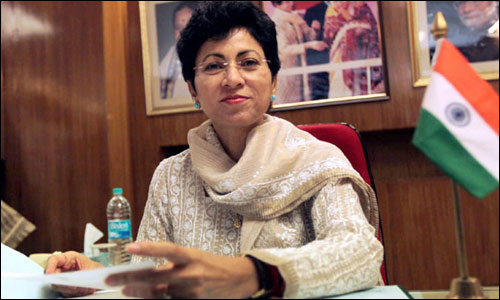
The Government has asked private real estate developers to participate in creating affordable housing stock and help in making India slum-free.

New building technology created by International Steel Structures (ISS), is ready to help reduce India’s housing shortage by being able to provide housing units with structural integrity in a matter of days from production.

Janaadhar Constructions, handed over the keys to home buyers of Janaadhar Shubha, its first affordable housing project targeted at the aspiring first-time home owner among the urban low income group.

The Associated Chambers of Commerce and Industry of India (ASSOCHAM) has suggested the government to introduce Real Estate Investment Trust and Real Estate Mutual Fund to enable investors to own a diversified portfolio of professionally managed assets in the real estate sector. In a note submitted to the government, the Chamber said that the Indian Real estate sector currently lacks any monetization vehicle for capital intensive verticals such as commercial offices and retail malls.

This is the story of the plight of a family who wanted to sell off the house. What they got in exchange was a series of harassment by the property dealer. What makes this individual experience a case study and a newsworthy item is the fact that in the absence of any regulation, how the petty local goons are operating as property dealers.
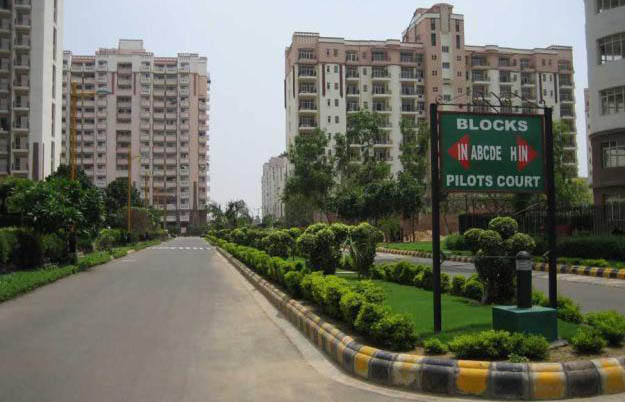
Gurgaon initially gained prominence as an outsourcing centre for major international companies that found it cheaper to locate their back-end operations in India due to the availability of high-quality but cost-effective employee resources. GE Capital initiated this trend and was the first multinational company to enter Gurgaon in 1997.
